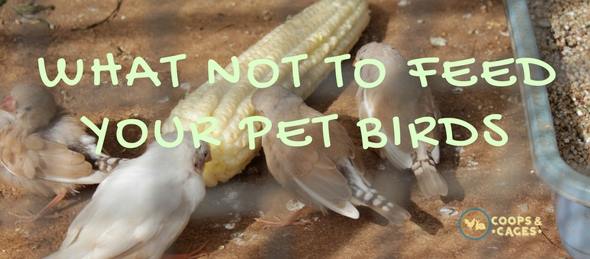Birds
What NOT to Feed Your Pet Birds
Feeding your pet bird in a bird cage or outdoors is your responsibility, but sometimes feeding it with the wrong food can endanger its life. Foods that are safe to eat for us humans are sometimes not the same with birds. Some can be poisonous to them and some can be life threatening. So, in order to avoid poisoning your pet, here are some foods that you must avoid feeding your feathery friends.
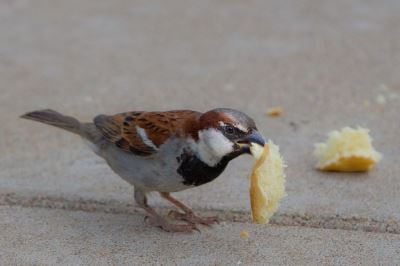
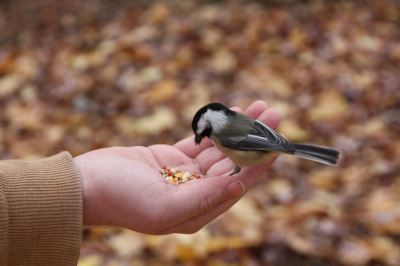
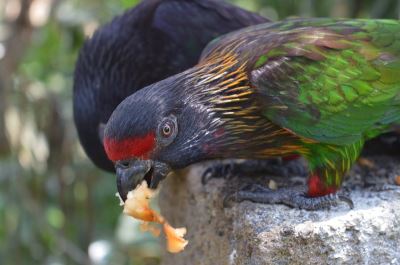
Chocolates and Caffeine
The first type of food that you should avoid feeding your bird are chocolates and coffee or any other foods that contain caffeine. These foods are considered good snack or some treats to us human, but these are toxic to your bird. When eaten and digested by humans, these food items are not toxic, however, if it is ingested by your bird, it contains theobromine, a substance that is toxic to your bird.
When these foods are ingested, it may result to hyperactivity, diarrhea, dark feces, heart arrhythmias, regurgitation and death. If ever your pet bird has ingested any of these, call your avian veterinarian immediately and ask for help and assistance.
If your bird just ingested the food accidentally, call your avian veterinarian to administer a medication to induce vomiting or regurgitation. Your vet can also administer other medications immediately so that it can protect the bird’s gastrointestinal tract and prevent further absorption of the toxins. The most important thing to do when this thing happens is to be calm and call your avian vet. They will provide additional support care and attention to your bird, if necessary.
Onion and Garlic
Onion and garlic are used to add flavor and aroma to the foods we cook. However, the aromatic sulfuric compounds that are found in this food can cause red blood cells to rupture in people and mammals. It is thought that the nucleus found in the red blood cells of birds offers some protection. But it still has the potential to cause anemia to your bird from the rupture of the red blood cells, so it is best to not offer or give foods or any plant groups that contains onions and garlic to your bird.
If you think your bird has accidentally ingested food containing onions or garlic, contact your local avian veterinarian immediately for treatment. Your avian veterinarian can run a blood test to see if your bird is anemic that is caused by the toxic elements found in the food it just ate.
If your bird is found positive to be anemic, it is advisable for your bird to have a complete blood test like blood count and plasma chemistry panel performed to determine if there are other complications caused by anemia and the exposure to the food toxins. It is also recommended to have radiographs or other tests related to the blood just to be sure.
In the worst case scenario and your bird is severely anemic, it is also possible to perform blood transfusion for your bird. But in most cases, it is also necessary to administer supplements that contain iron and B-complex to make and mature it’s red blood cells to ensure that any other possible causes of the anemia are identified and corrected.
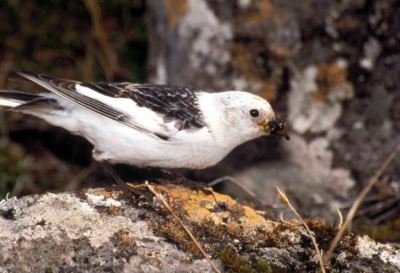
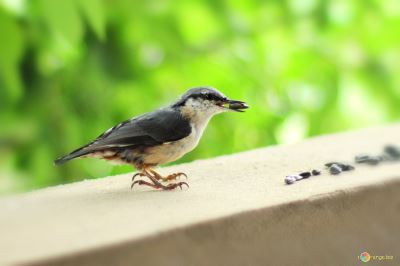
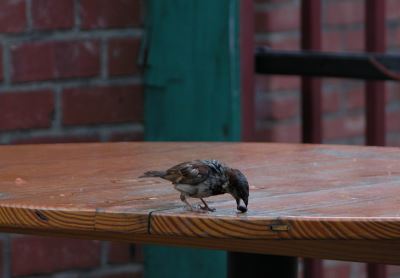
Avocado
Avocado may be a good and nutritious food for us, but it is one food that you should avoid giving away to your bird. Though only some varieties of avocado are toxic to your bird, but for safety reasons, it is better to avoid all avocado for your bird. The leaves, bark and skin are found to be the most toxic to birds, but the fruit itself may also have toxins that will affect the bird. The toxin is called persin, it is a toxic fatty acid derivative and is found mostly on the leaves and perhaps in all other parts of the plant.
If you suspect that your bird has again accidentally ingested any of the food that contains avocado or guacamole, contact your local avian veterinarian immediately. While many birds don’t show any signs after ingesting avocado, it is better to be safe than sorry. Let your avian veterinarian asses your bird condition after ingestion and let him decide the treatment for your bird. The most common signs that the toxin has taken effect are cardiac-related, and the first symptom that it shows is the difficulty to breathe.
If the avocado is still inside the bird’s digestive system, the veterinarian can remove it by placing a tube into the bird’s crop and flushing out the contents. Some drugs may be administered to your bird to protect its gastrointestinal tract and prevent further toxin absorption. Other drugs may also be administered that help the heart and ease the bird from its difficulty in breathing. Oxygen and other support therapy may be administered by the vet as well.
Always be on the safe side, only give foods that are safe for your pet birds. Also, feed them the right way. By then, you will never have to worry about poisoning.
Image Sources: [1] [2] [3] [4] [5] [6] [7]



